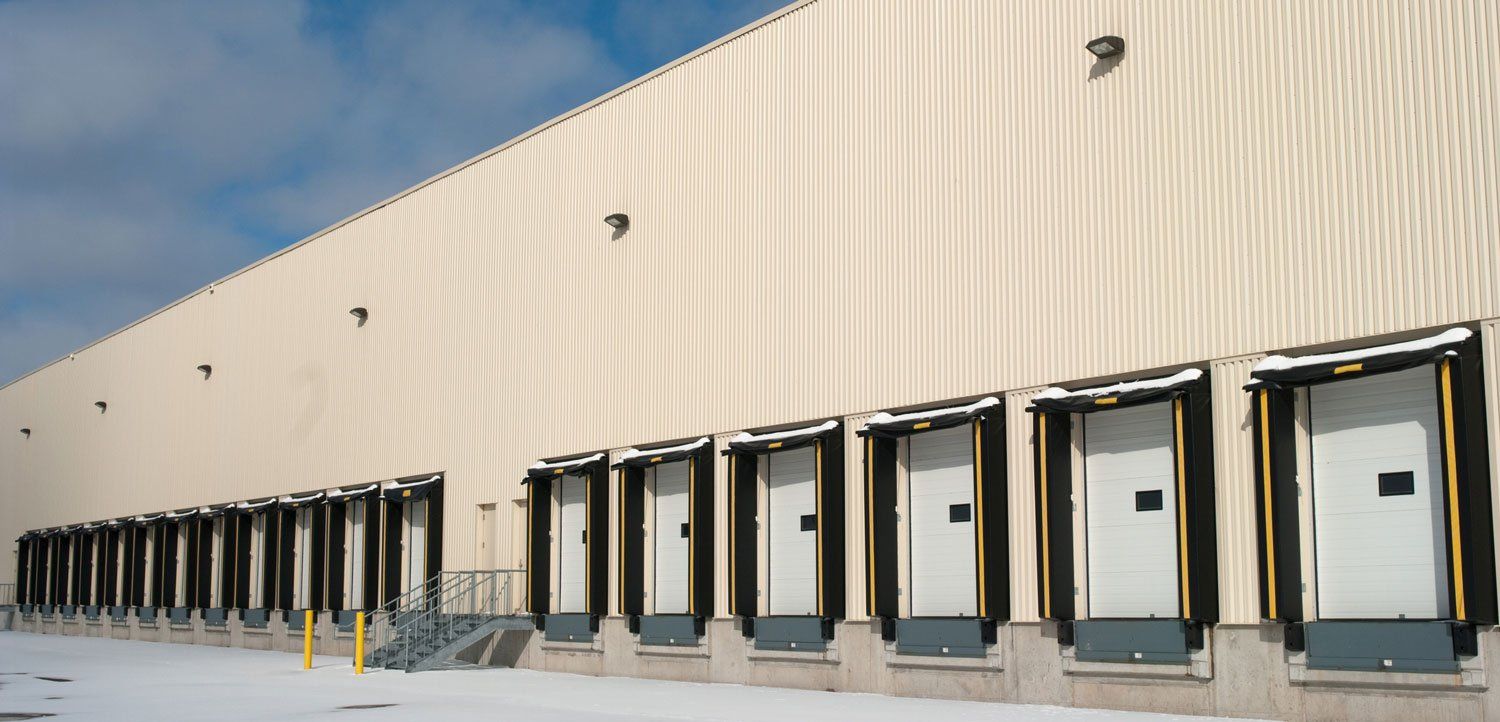Knowing When To Replace Your Garage Door
A garage door helps maintain and secure a functional home. Not only does it enhance the aesthetic appeal of the house, but it also protects your vehicles and belongings.
However, as time passes, wear and tear become inevitable, leading to a host of issues that signal the need for a timely replacement. Here are the signs that indicate a failing garage door.
Repeat Breakdowns
If you find yourself frequently calling for repairs due to various malfunctions, such as issues with the opening and closing mechanism or recurring electrical problems, it's a clear sign that the door has reached the end of its lifespan. Although these persistent issues are an inconvenience, ignoring them can compromise the safety and security of your property.
Problems With Opening or Closing
There are many reasons why a garage door might not be opening or closing properly. If the tracks are bent or misaligned, the door can get stuck or off-track. A variety of factors, such as damage to the tracks from a car or other object can cause this.
Rollers are the wheels that the door slides on in the tracks. If the rollers are broken, damaged, or rusted, they can also make it difficult for the door to move.
High Heating Bills
Surprisingly, a failing garage door can also impact your household's energy efficiency, leading to an unexpected rise in heating bills. As the door ages, gaps and cracks may develop, allowing warm air to escape during the colder months and cool air to seep out during the hotter seasons.
Second, if the garage door lacks proper insulation or has damaged seals, it can enable heat loss, forcing the heating system to compensate for the lost warmth. Third, a broken or misaligned garage door might create gaps that allow cold drafts to infiltrate the living space, demanding more energy for heating.
Additionally, if the garage serves as an adjoining room, the heat loss from a faulty door can directly impact the overall temperature of the house, leading to increased heating usage and higher bills.
Strange Noises
Garage doors are designed to operate smoothly and quietly. However, if you start hearing unusual creaking, grinding, or scraping noises during the door's operation, it could be an indication of underlying mechanical issues. These noises may signify problems with the springs, cables, or other essential components.
Noticeable Dings and Dents
Over time, the external appearance of a garage door can deteriorate due to continuous exposure to environmental factors like harsh weather conditions. If you notice significant dings, dents, or other visible damage on the surface of your garage door, it not only affects the overall curb appeal of your home but also indicates structural weaknesses that can compromise the door's functionality and security.
Sagging Door
A visibly sagging garage door often arises due to worn-out springs or hinges, which can no longer support the weight of the door properly. A sagging door not only affects the door's operation but also poses safety risks, as it may unexpectedly collapse, causing damage to property or injury to individuals.
Broken Parts, Wires, or Cords
The presence of broken or frayed parts, wires, or cords within the garage door mechanism is a serious safety hazard that demands immediate attention. These damaged components can lead to unpredictable malfunctions, jeopardizing the security of your property and posing a threat to the well-being of those using the garage. In such situations, a comprehensive assessment of the door's condition is necessary, and a prompt replacement is vital to eliminate any potential risks and ensure the safety of your household.
Mikro Corp provides various types of garage doors and other home accessories. Contact us now for more information.












